Ask AI on The Internet
Question: Describe impactful events of the following Presidencies Abraham Lincoln - Andrew Johnson - Benjamin Harrison - Warren Harding - Herbert Hoover - Teddy Roosevelt - Grover Cleveland - Franklin Roosevelt -
Sure, here’s a brief overview of some impactful events for each of these Presidents: **Abraham Lincoln (1861-1865):** 1. **Civil War (1861-1865):** Led the nation through its most challenging period, preserving the Union through effective leadership and strategic military decisions. 2. **Emancipation Proclamation (1863):** Declared the freedom of all slaves in Confederate-held territory, which redefined the war’s purpose. 3. **Gettysburg Address (1863):** Delivered one of the most famous speeches in American history, reaffirming the principles of liberty and equality. 4. **Assassination (1865):** Became the first U.S. President to be assassinated, leading to national mourning and political instability. **Andrew Johnson (1865-1869):** 1. **Reconstruction Era:** Took over after Lincoln's assassination and struggled with Congress over the direction of Reconstruction, leading to significant conflict. 2. **Vetoes and Impeachment (1868):** Frequently clashed with the Radical Republicans in Congress, leading to his impeachment—he was acquitted by just one vote in the Senate. 3. **Civil Rights Act of 1866:** Vetoed the bill aimed at providing equal rights to the formerly enslaved, but Congress overrode his veto. **Benjamin Harrison (1889-1893):** 1. **Sherman Antitrust Act (1890):** Signed into law the first measure passed by the U.S. Congress to prohibit trusts and monopolistic practices. 2. **McKinley Tariff (1890):** Supported high tariffs which led to increased prices and ultimately contributed to a backlash against Republicans. 3. **Electricity in White House:** Oversaw the installation of electric lighting in the White House, marking technological progress. 4. **Land Revision Act:** Expanded federal forest reserves, laying groundwork for future conservation efforts. **Warren Harding (1921-1923):** 1. **Teapot Dome Scandal:** Posthumously, his administration was revealed to be corrupt in one of the biggest scandals involving oil reserves. 2. **Return to Normalcy:** Promoted a return to pre-World War I normalcy with reduced government intervention in the economy. 3. **Fordney-McCumber Tariff (1922):** Enacted high tariffs that affected international trade and economic policies. **Herbert Hoover (1929-1933):** 1. **Great Depression:** His presidency was marked by the beginning of the Great Depression; his policies were seen as inadequate, worsening economic conditions. 2. **Hoover Dam (1931-1936):** Initiated the construction of the Hoover Dam, a significant infrastructure project. 3. **Reconstruction Finance Corporation (1932):** Created to provide financial aid to banks, industries, and other businesses but was criticized for not being effective enough. **Theodore Roosevelt (1901-1909):** 1. **Trust-Busting:** Known for aggressive anti-trust policies, breaking up monopolies to promote fair competition. 2. **Panama Canal:** Oversaw the construction of the Panama Canal, crucial for international maritime trade. 3. **Conservation Efforts:** Established numerous national parks, forests, and monuments to preserve natural resources. 4. **Progressive Reforms:** Advocated for the Square Deal, focusing on consumer protection, control of corporations, and conservation. **Grover Cleveland (1885-1889 and 1893-1897):** 1. **Interstate Commerce Act (1887):** Signed into law to regulate railroad practices and curtail monopolistic activities. 2. **Pullman Strike (1894):** Utilized federal troops to break up the strike, leading to criticism for his handling of labor disputes. 3. **Vetoes:** Cleveland was known for his use of the veto, particularly against what he perceived as excessive spending. **Franklin Roosevelt (1933-1945):** 1. **New Deal:** Implemented sweeping economic reforms to combat the Great Depression, including Social Security and labor rights protections. 2. **World War II (1939-1945):** Led the U.S. through most of World War II, securing victory for the Allies and establishing the United States as a global superpower. 3. **Four-Term Presidency:** Was the only U.S. President to be elected to four terms, demonstrating significant popularity and influence. 4. **Banking Reforms:** Implemented reforms such as the Federal Deposit Insurance Corporation (FDIC) to restore confidence in the financial system. Each of these presidents faced unique challenges and their responses shaped American history in significant ways.
Think your answer is better than the AI's? Post it below.
Other Most Relevant Posts:
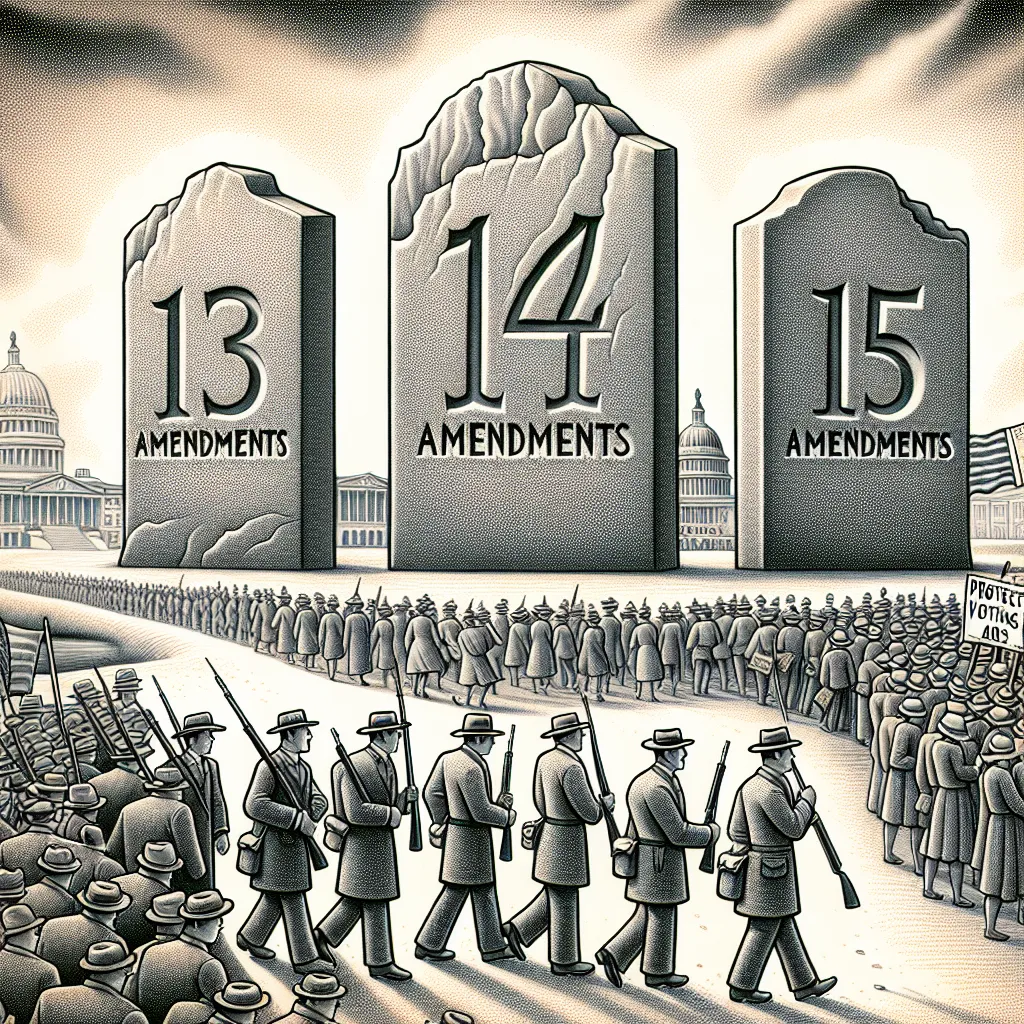 1. **Reconstruction Amendments**
2. **March of the Bonus Army**
3. **Federalists' Beliefs**
4. **What was Reconstruction?**
5. **Compromise of 1877**
6. **Fireside Chats**
7. **Court
1. **Reconstruction Amendments**
2. **March of the Bonus Army**
3. **Federalists' Beliefs**
4. **What was Reconstruction?**
5. **Compromise of 1877**
6. **Fireside Chats**
7. **Court
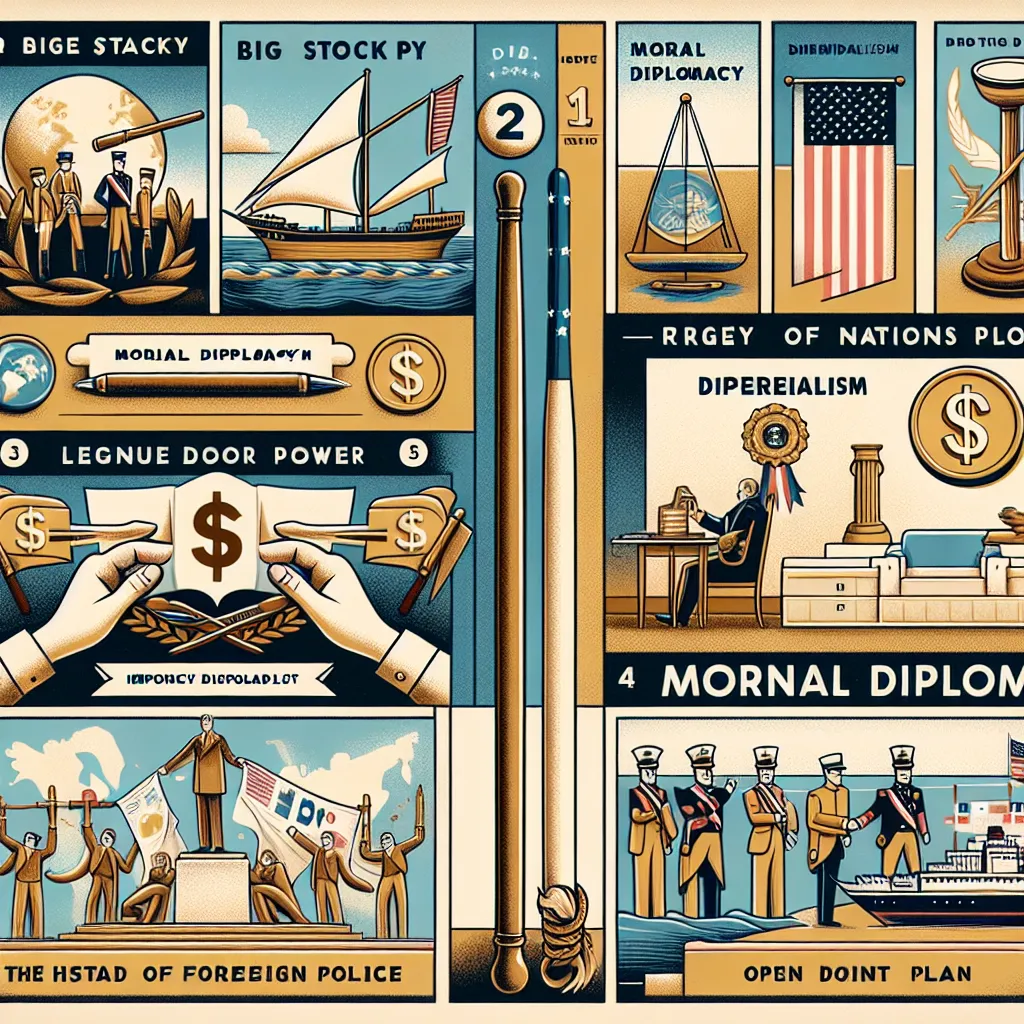 Big Stick Diplomacy
Moral Diplomacy
Dollar Diplomacy
League of Nations
Monroe Doctrine
Treaty of Versailles
Open Door Policy
Imperialism
Great White Fleet
Wilson’s 14 Point Plan
Big Stick Diplomacy
Moral Diplomacy
Dollar Diplomacy
League of Nations
Monroe Doctrine
Treaty of Versailles
Open Door Policy
Imperialism
Great White Fleet
Wilson’s 14 Point Plan
Question Tags
If you want your question answered by an AI, click here.
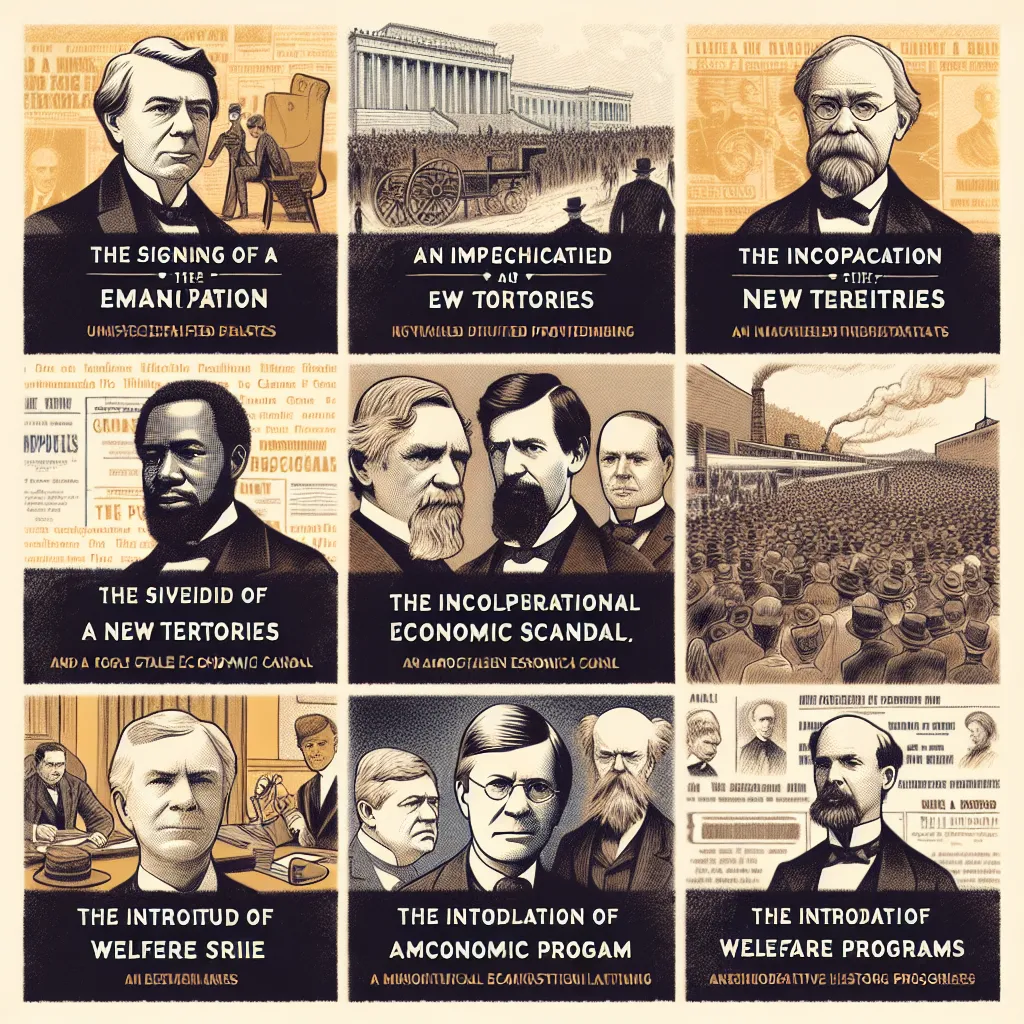
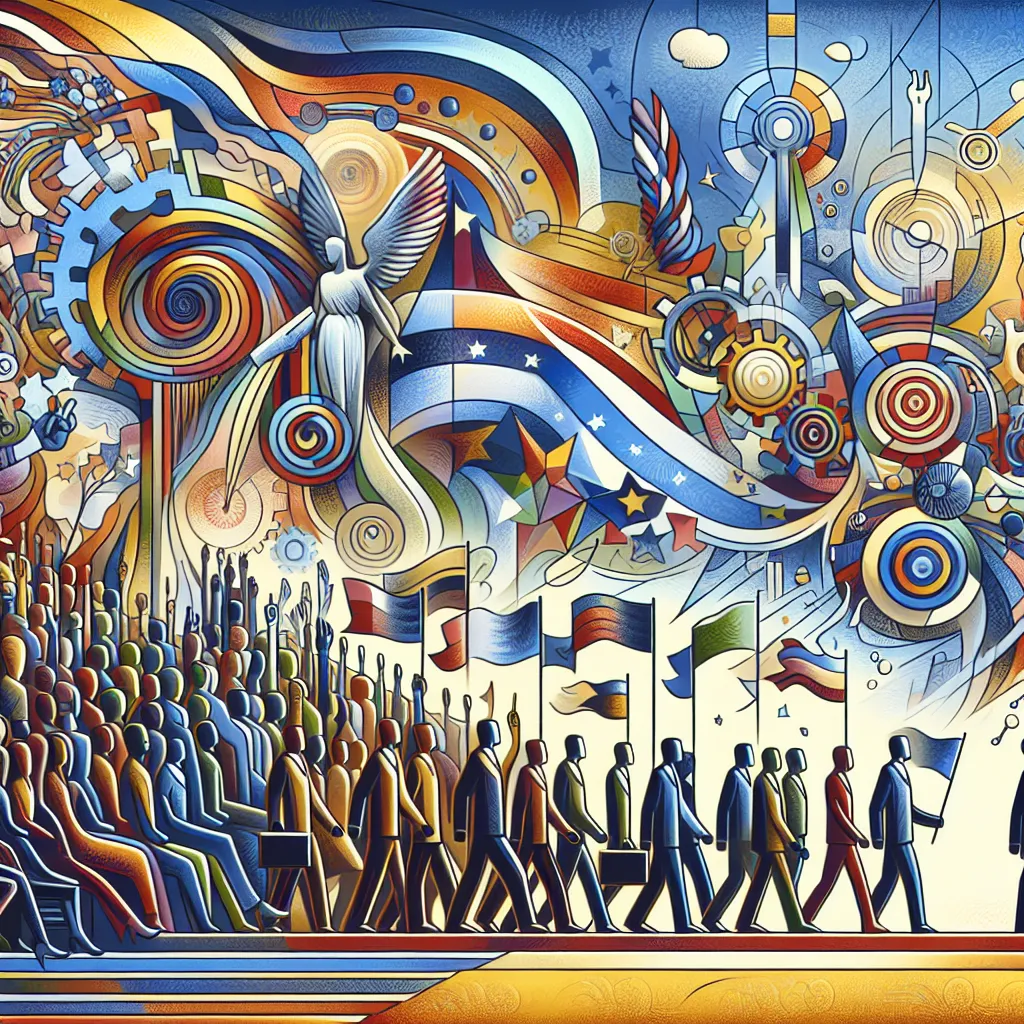
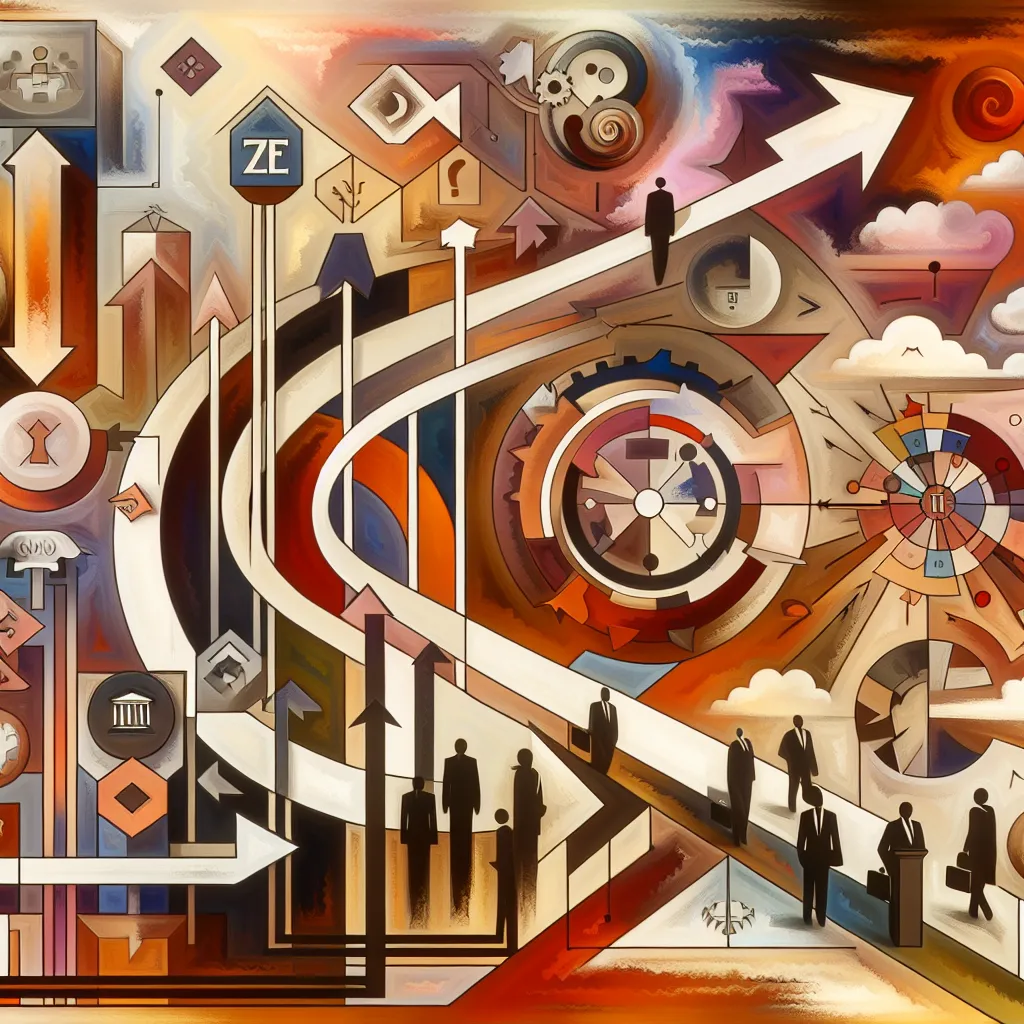
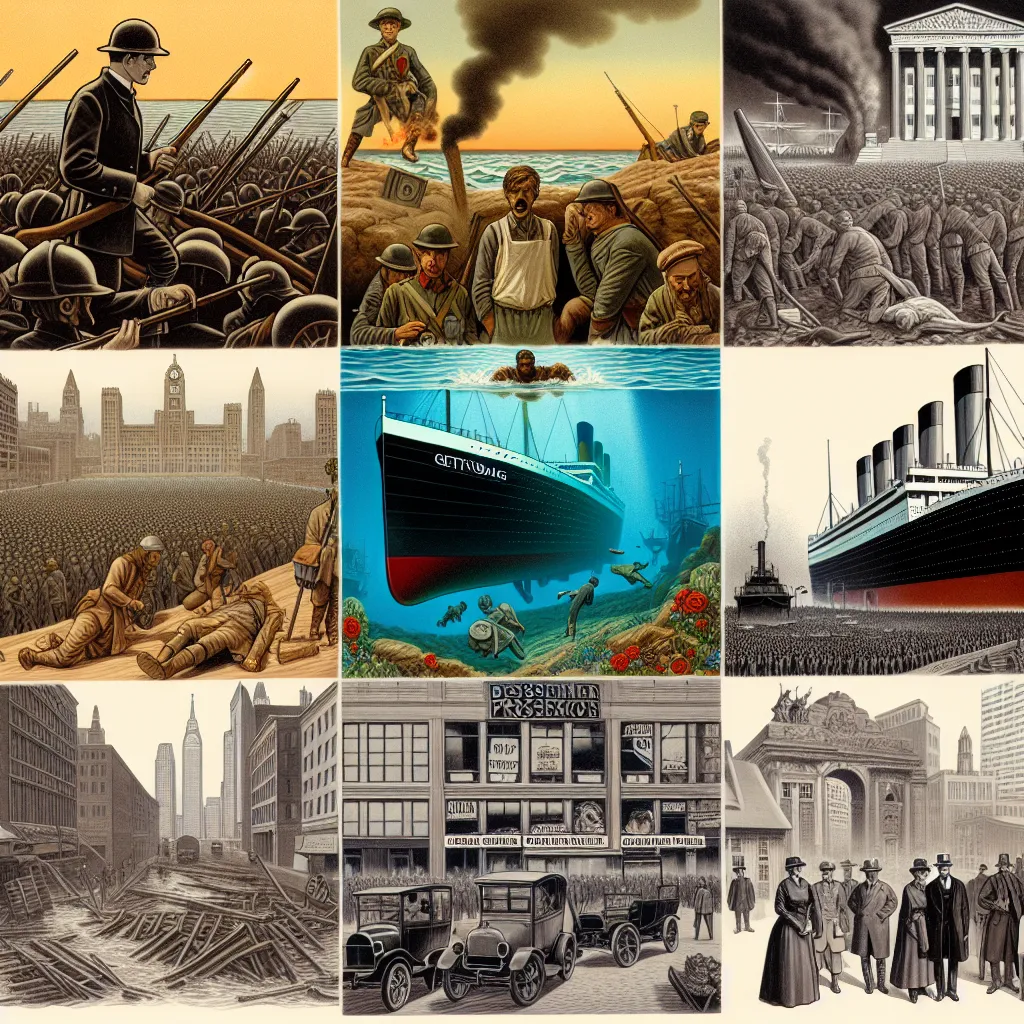
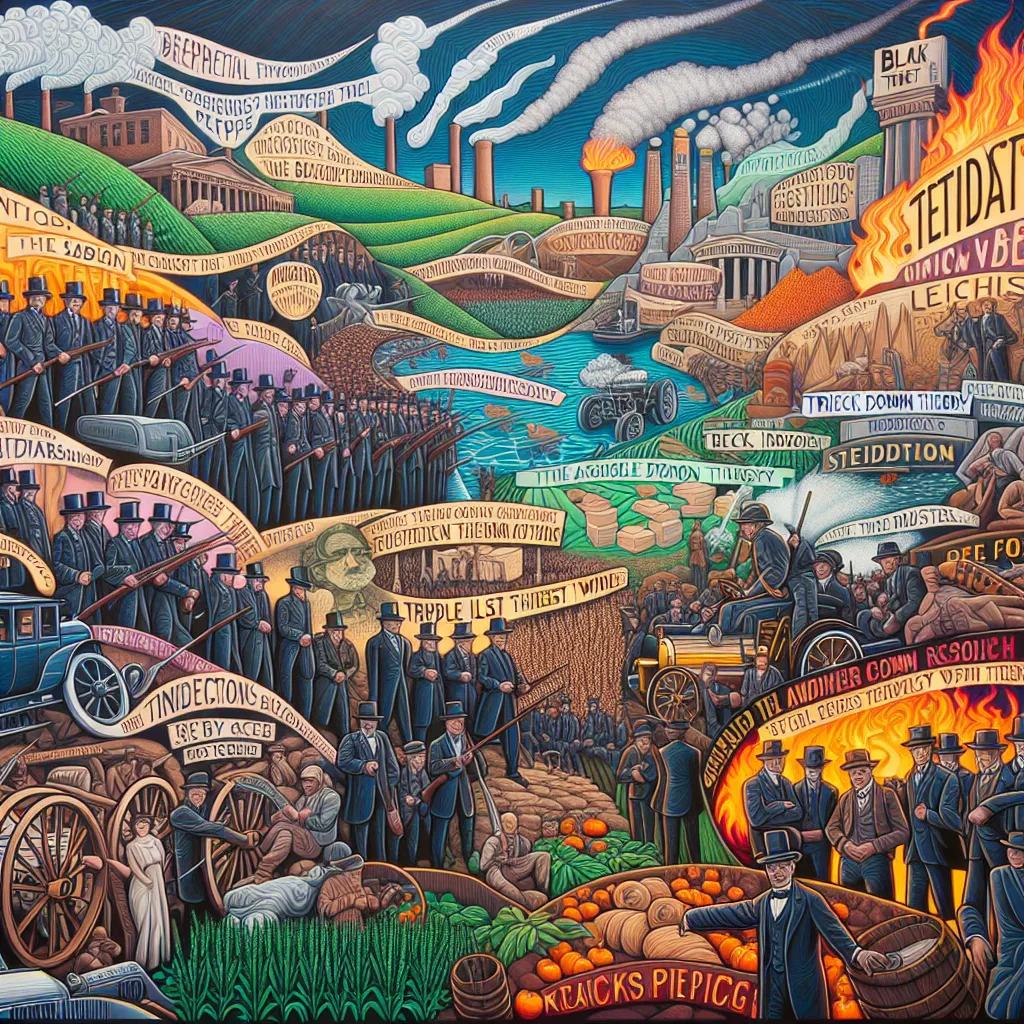
Post your own comment: